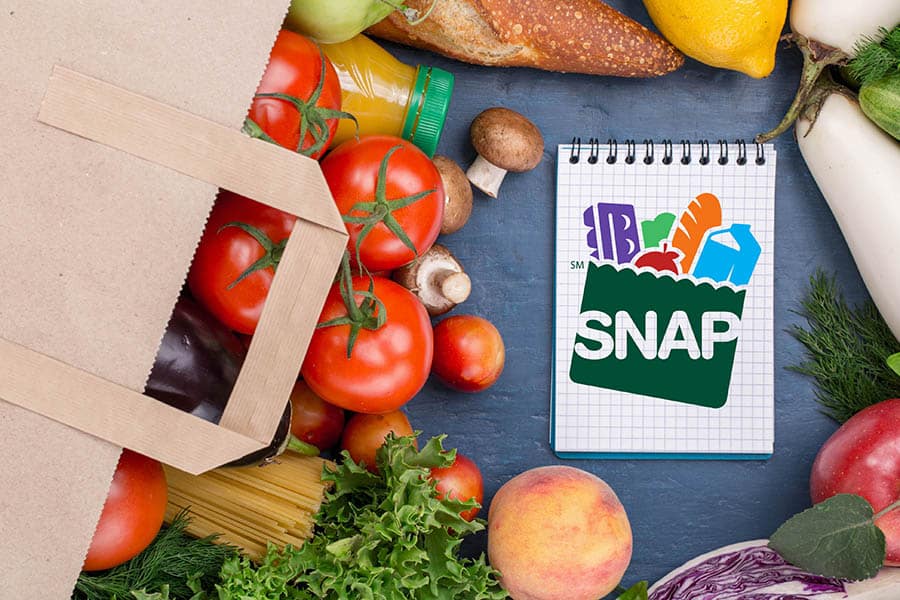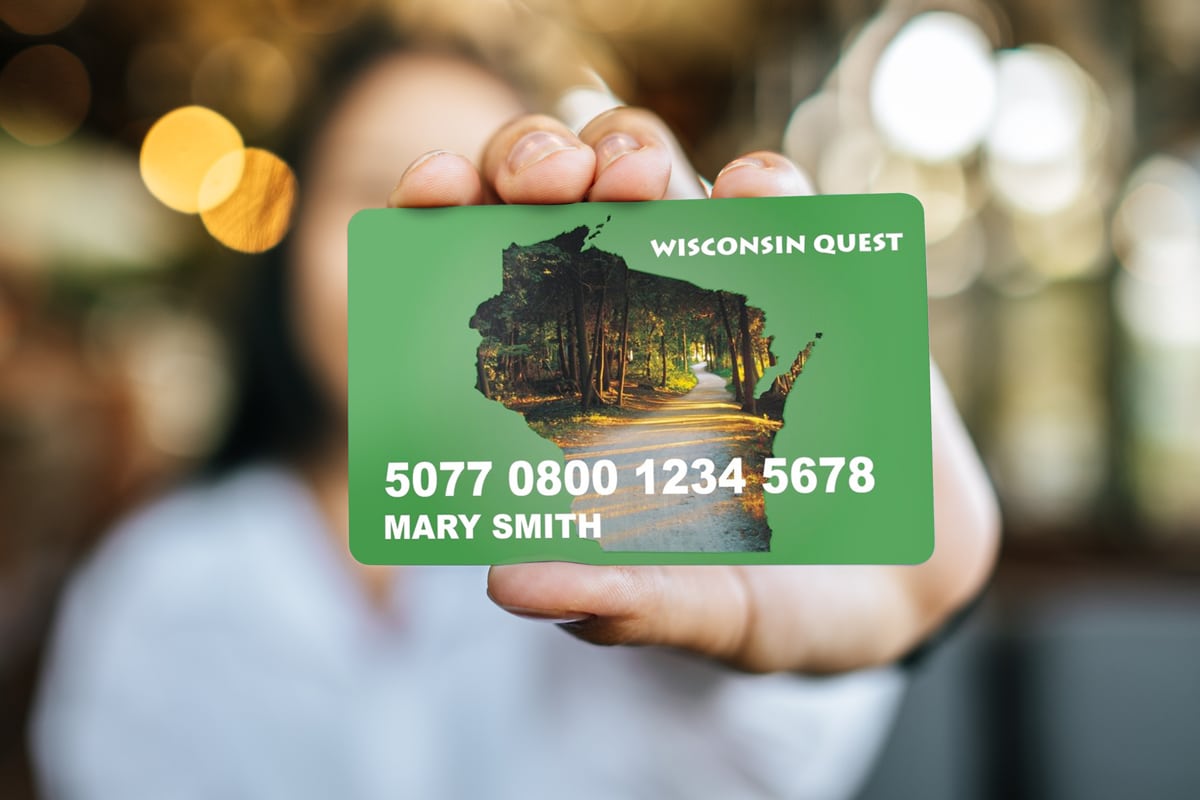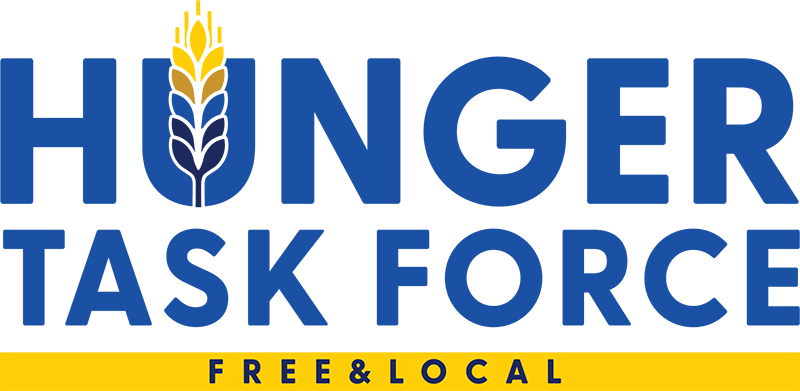About Hunger
- Hunger In Our Community
- Federal Nutrition Programs
- Summer EBT
- Supplemental Nutrition Assistance Program (SNAP) / FoodShare
- SNAP/FoodShare Education
- School Breakfast Program
- Community Eligibility Provision (CEP)
- Child & Adult Care Food Program (CACFP)
- Summer Food Service Program (SFSP)
- Women, Infants & Children (WIC) Program
- Commodity Supplemental Food Program (CSFP) / Stockbox
- Senior Farmers Market Nutrition Program
- The Emergency Food Assistance Program (TEFAP)
- Hunger Publications
- Hunger Partners
SNAP/FoodShare Education
The Supplemental Nutrition Assistance Program (SNAP), or FoodShare in Wisconsin, is the first line of defense against hunger. FoodShare benefits are funded 100% by the federal government.
The USDA provides nutritional assistance programs for low-income individuals throughout the country. SNAP, the USDA’s cornerstone program, plays a critical role in feeding hungry families, not only by providing access to food and resources, but by focusing on improved nutrition through nutrition education and obesity prevention.
The goals of these educational components of SNAP, which include increasing the likelihood that SNAP-eligible individuals make healthy food choices within a limited budget, are the foundation of SNAP-Education, or SNAP-Ed. Hunger Task Force works closely with the USDA to executive SNAP-Ed programming to individuals, families and seniors in Milwaukee to improve nutrition and support the MyPlate healthy eating guide.


MyPlate & Garden-to-Plate Programs
Hunger Task Force focuses on two unique SNAP-Ed programs each year to promote healthy choices amongst SNAP-eligible individuals: the Hunger Task Force MyPlate and the Garden-to-Plate program.
- Hunger Task Force’s MyPlate initiative provides individual and group-based direct nutrition education, health promotion, family-friendly educational materials and hands-on activities to teach the pillars of MyPlate. From monthly nutrition education classes to regular samplings at MyPlate food pantries, individuals learn about nutrition, healthy eating and topics like label reading and healthy shopping on a budget.
- The Garden-to-Plate program offers nutrition education to school-age students. During the school year program, 15 to 20 third, fourth and fifth grade classrooms from the Milwaukee area receive a hands-on nutrition education experience. Programming runs in the Fall and Spring. Students receive a classroom lesson from the nutrition team, a field trip to The Farm and a field trip to our McCarty Education Kitchen. Meanwhile, teachers facilitate three nutrition lessons in the classroom, with all resources provided by Hunger Task Force. During visits to the Hunger Task Force Farm, students tend to 20+ varieties of fruits and vegetables in the 28-bed school garden, participate in planting and harvesting, taste-test a nutritious recipe, and engage in physical activity. At the McCarty Education Kitchen, students strengthen their confidence in the kitchen by preparing a recipe from the Hunger Task Force Healthy Families Cookbook.

